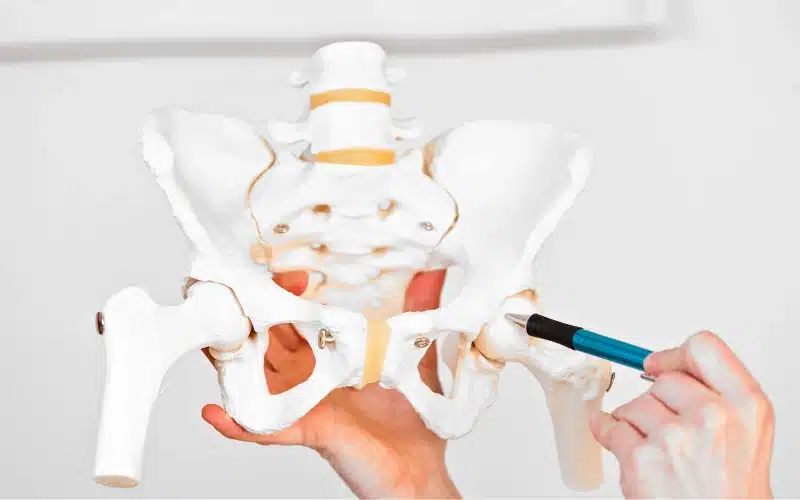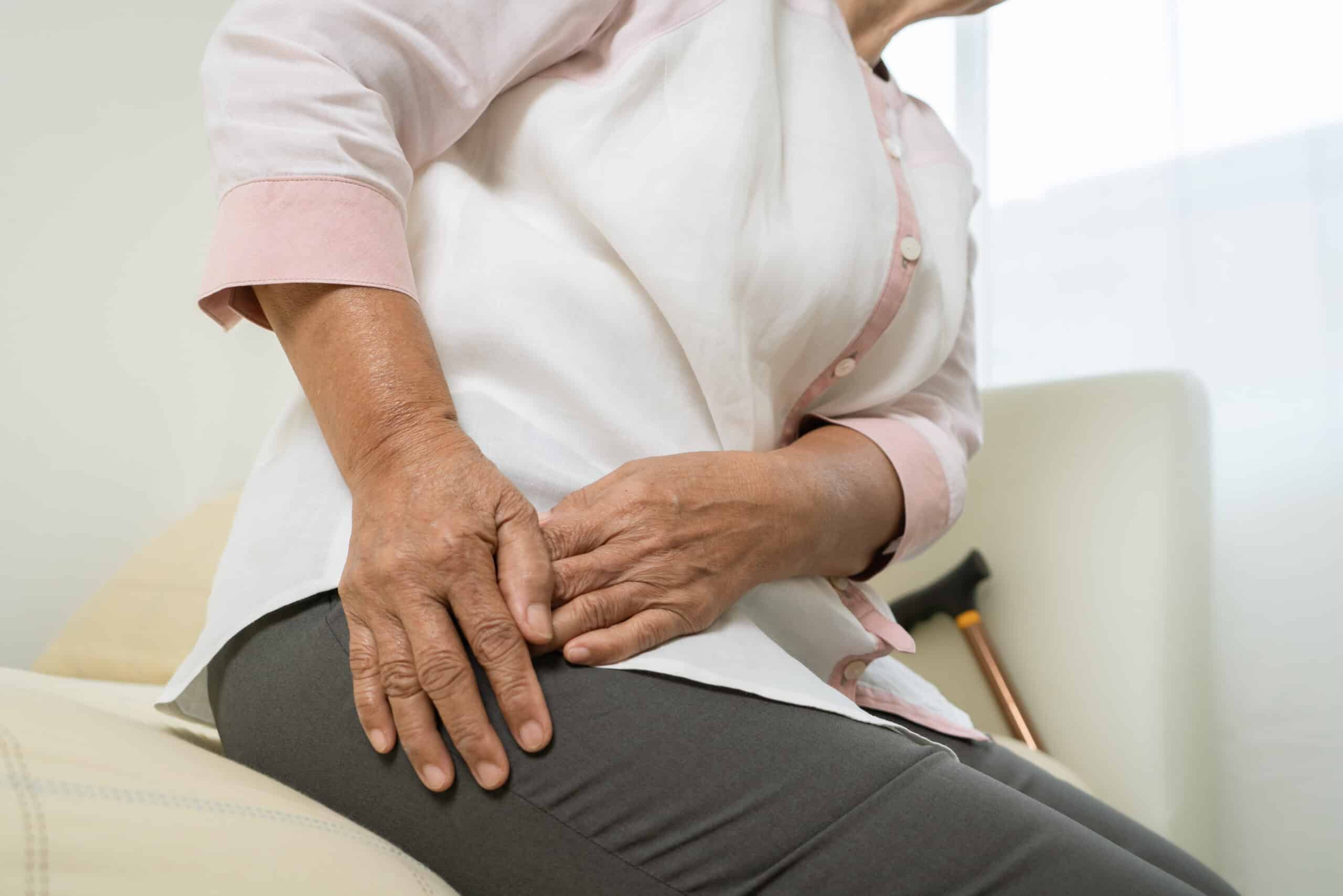Hip Arthritis
Hip Arthritis Treatment at Orthopedic and Spine Centers of Wisconsin
Appointments Available Within 24hrs
What Is Hip Arthritis?
Hip arthritis is a degenerative joint condition characterized by the inflammation and breakdown of the cartilage that cushions the hip joint. This condition can lead to pain, stiffness, and reduced mobility, impacting daily activities.
What Causes Hip Arthritis?
Several factors can contribute to the development of hip arthritis, including:
- Age: The natural aging process can lead to the wear and tear of hip joint cartilage.
- Genetics: A family history of arthritis may increase the risk of hip arthritis.
- Joint Injuries: Previous hip injuries or trauma can accelerate the degenerative process.
- Hip Dysplasia: Abnormal development of the hip joint can contribute to arthritis.
- Inflammatory Conditions: Certain autoimmune disorders can affect the hip joint.

What Are The Signs & Symptoms of Hip Arthritis?
Recognizing signs and symptoms of hip arthritis includes:
Pain: Persistent pain in the hip joint, particularly during movement or weight-bearing activities.
Stiffness: Difficulty in moving the hip joint, especially after periods of inactivity.
Reduced Range of Motion: Limited flexibility and movement in the affected hip.
Grinding Sensation: Some individuals may experience a grinding sensation within the hip joint.
Limping: Changes in gait or a noticeable limp while walking.

The Testing & Diagnosis Process for Hip Arthritis
Diagnosing hip arthritis typically involves:
Physical Examination: Assessment of symptoms, hip joint flexibility, and overall function.
Imaging Tests: X-rays and MRI scans to visualize joint damage and assess the extent of arthritis.
Blood Tests: To rule out other potential causes and identify underlying conditions.
Limited Range of Motion: Difficulty moving the knee or performing activities of daily living
What Are The Treatments For Hip Arthritis?
Treatment options for hip arthritis may include:
Medications: Pain management and anti-inflammatory medications.
Physical Therapy: Exercises to strengthen hip muscles and improve joint function.
Lifestyle Modifications: Weight management and activity adjustments to reduce hip stress.
Joint Injections: Corticosteroid or hyaluronic acid injections for pain relief.
Surgical Interventions: In advanced cases, hip replacement surgery may be considered.

